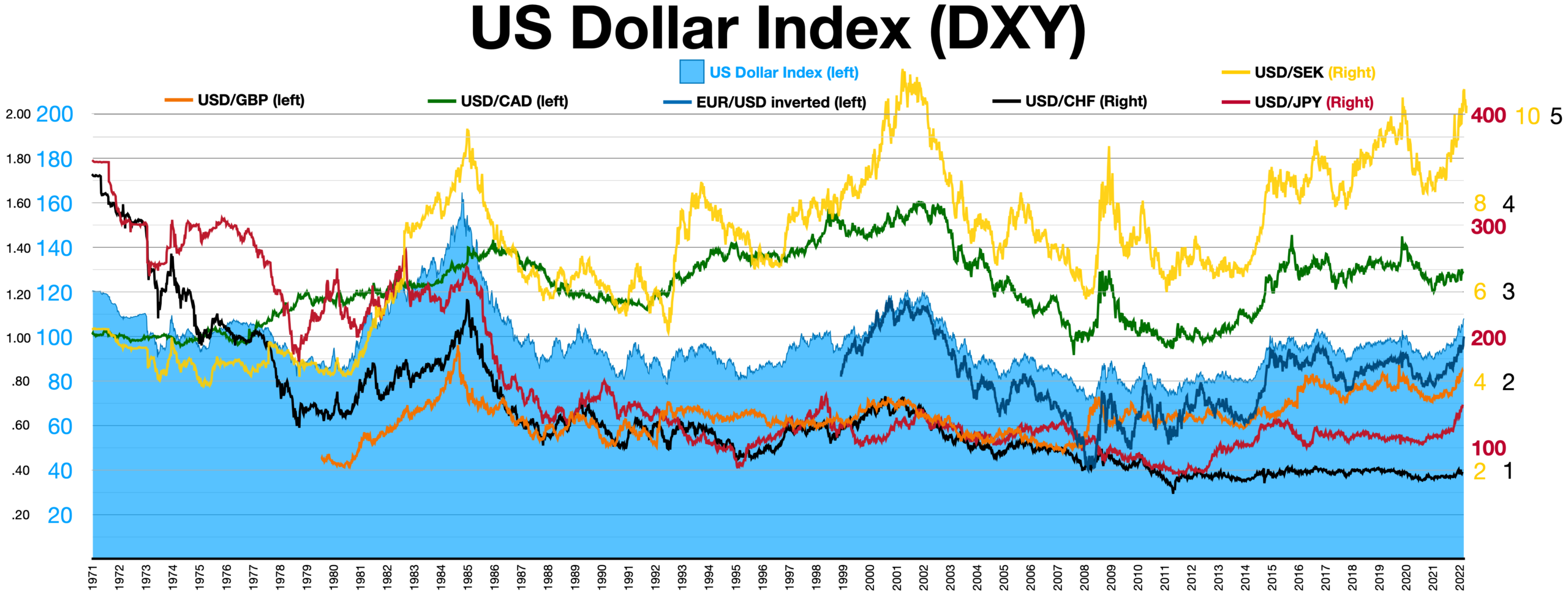The world of television has been significantly shaped by comic books, with adaptations evolving from niche projects to mainstream phenomena. This blog post explores the evolution of TV shows based on comic books, tracing their development from early adaptations to the blockbuster series we see today.
1. The Early Days: Limited Scope and Low Budgets
The journey of comic book adaptations on television began in the 1940s and 50s, with shows that laid the groundwork for future successes.
- 1940s: The First Steps
The first notable adaptation was the “Adventures of Superman”, which premiered in 1952. Starring George Reeves, it brought the iconic character to life and captured audiences’ imaginations, paving the way for future superhero adaptations. - 1960s: Campy Classics
The 1960s saw the rise of the beloved “Batman” series, starring Adam West. Its campy style, colorful costumes, and humorous approach attracted a wide audience and introduced the concept of comic book heroes in a lighthearted format. This period established a template for how comic book characters could be portrayed on screen.
2. The Transition to Serious Storytelling
As the landscape of television began to change in the 1980s and 90s, so did the portrayal of comic book characters.
- Animated Series
The late 80s and 90s witnessed a surge of animated adaptations that appealed to both children and adults. Shows like “Batman: The Animated Series” (1992) and “X-Men: The Animated Series” (1992) not only retained the essence of their source material but also introduced darker themes and complex story arcs, raising the bar for storytelling in comic book adaptations. - Live-Action Resurgence
The 1990s brought live-action adaptations like “The Flash” (1990) and “Lois & Clark: The New Adventures of Superman” (1993), showcasing a shift towards more serious character development and narrative depth. These series explored personal struggles, relationships, and moral dilemmas faced by heroes.

3. The New Millennium: The Boom of Superhero Series
The early 2000s marked a turning point for comic book adaptations, with the explosion of superhero films and television series that transformed the entertainment landscape.
- The Rise of the Modern Era
With the success of films like “Spider-Man” (2002) and “X-Men” (2000), television networks began investing more in high-quality adaptations. Shows like “Smallville” (2001) explored the origins of Superman, while “Daredevil” (2015) on Netflix brought a grittier, more mature tone to the genre. - Shared Universes
The concept of shared universes became popular with the advent of the Marvel Cinematic Universe (MCU) and its television extensions. Series such as “Agents of S.H.I.E.L.D.” (2013) and “The Defenders” (2017) interconnected storylines and characters, creating a cohesive narrative experience across multiple platforms.
4. Diverse Genres and Representation
The evolution of comic book adaptations has also been marked by increased diversity in storytelling and representation.
- Expanding Beyond Superheroes
In recent years, comic book adaptations have ventured into various genres, from horror in “The Walking Dead” (2010) to drama in “The Umbrella Academy” (2019). This diversification allows for a broader range of narratives and themes, appealing to different audiences. - Representation Matters
The push for diverse representation has gained momentum, with shows like “Black Lightning” (2018) and “Ms. Marvel” (2022) showcasing characters from various backgrounds and cultures. This shift not only reflects societal changes but also enriches the storytelling landscape.
5. The Future of Comic Book TV Shows
As we look ahead, the future of comic book adaptations on television appears bright, with endless possibilities for innovation and creativity.
- Increased Investment
Streaming platforms are now leading the charge, with companies like Netflix, Disney+, and HBO Max investing heavily in comic book adaptations. Upcoming series like “She-Hulk”, “Moon Knight”, and “Sandman” promise to explore new narratives and push the boundaries of the genre. - Technological Advancements
Advancements in technology and special effects are enabling creators to bring comic book worlds to life in unprecedented ways. From realistic CGI to immersive storytelling techniques, the future of comic book adaptations is set to be visually stunning and narratively complex.
Conclusion
The evolution of TV shows based on comic books has been a remarkable journey, transitioning from simple adaptations to multi-faceted narratives that reflect societal changes and audience preferences. As the genre continues to evolve, it holds the promise of even more innovative storytelling and representation, ensuring that comic book characters remain an integral part of our cultural landscape. With each new adaptation, fans can look forward to fresh takes on beloved heroes and villains, exploring the depths of their stories in ways that resonate with contemporary audiences.









